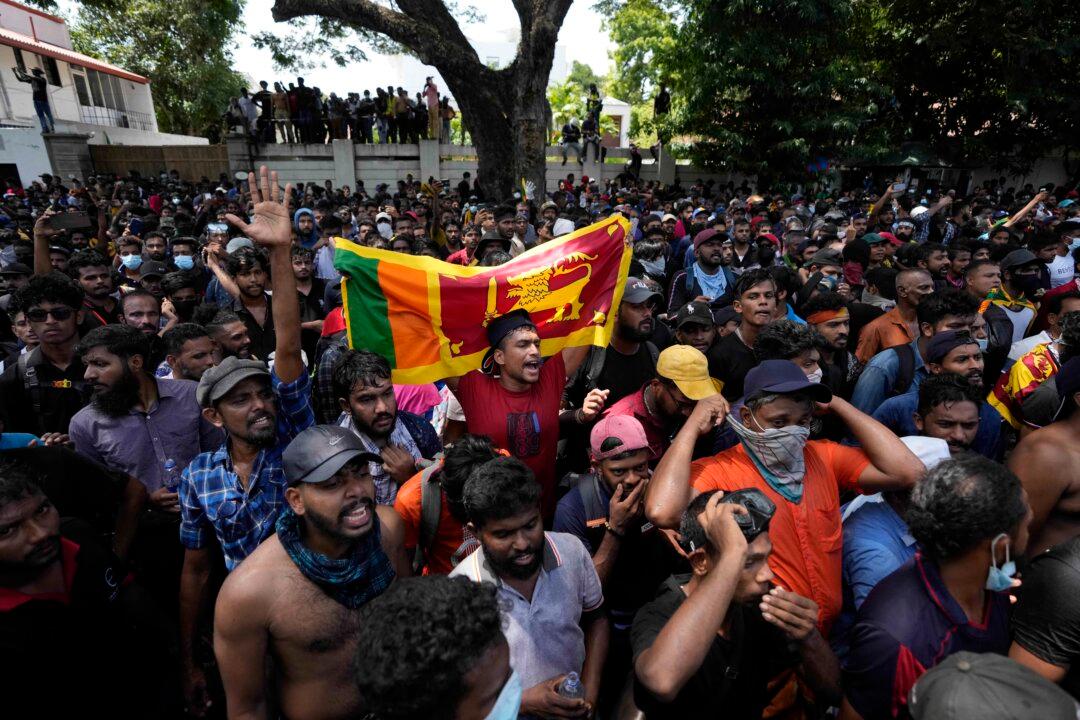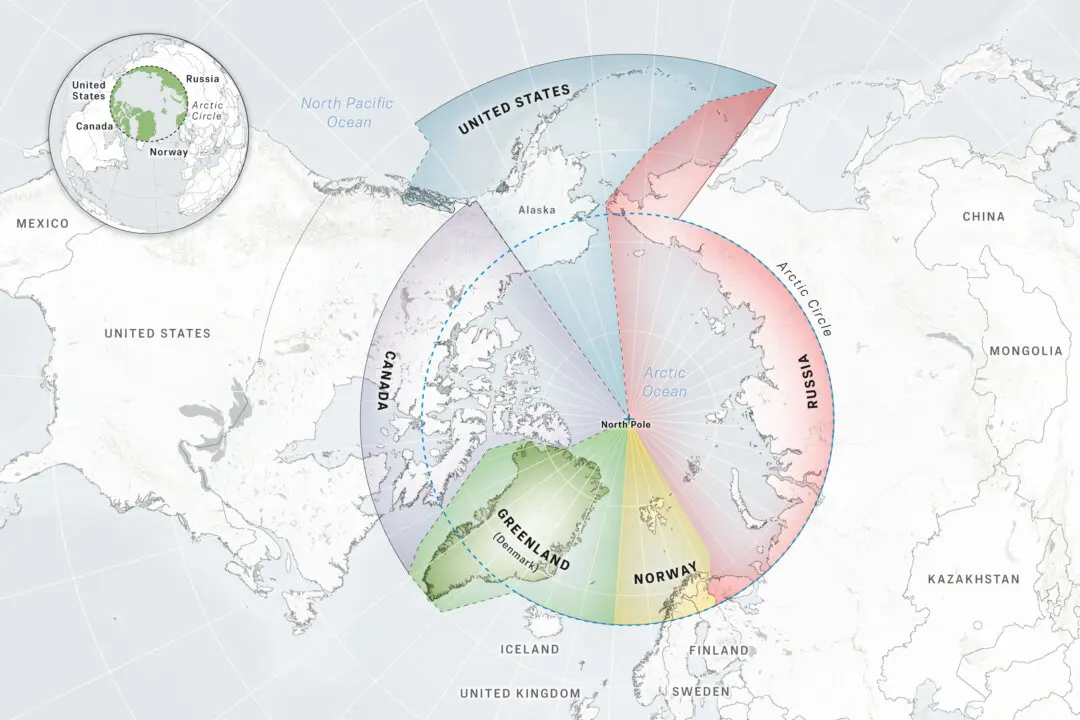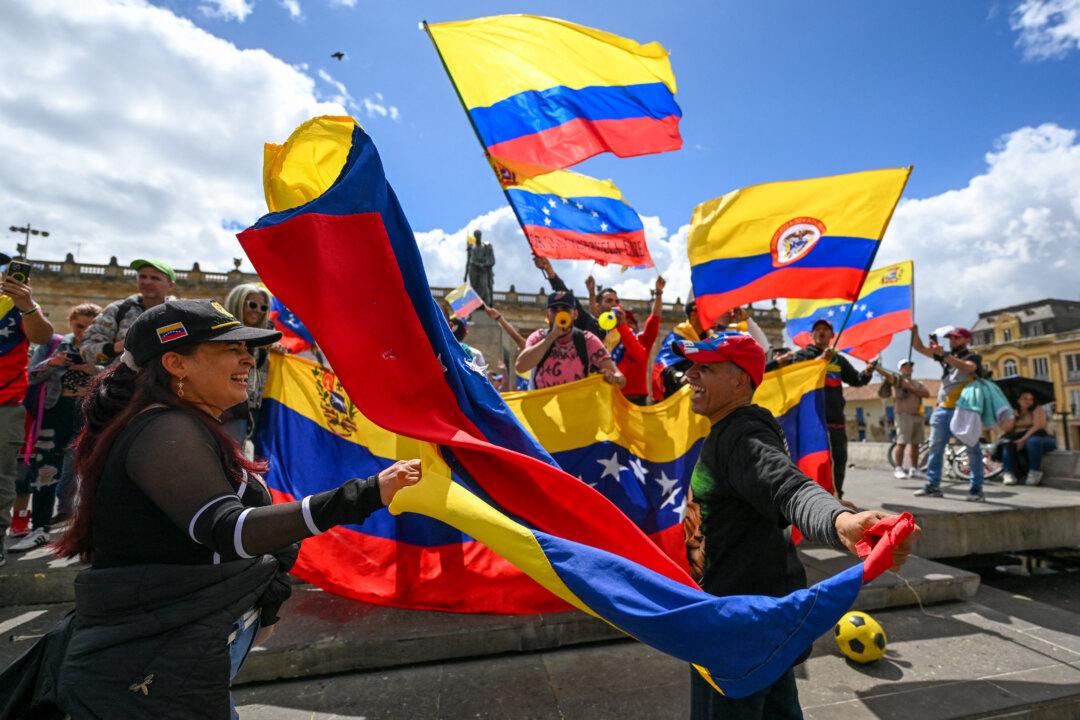Fury exploded onto the streets of Sri Lanka’s capital on July 13 following the failure of the country’s leadership to honour an agreement for the president and prime minister to relinquish their positions.
The official resignations of President Gotabaya Rajapaksa and Prime Minister Ranil Wickremesinghe occurred, but then were backtracked on.





